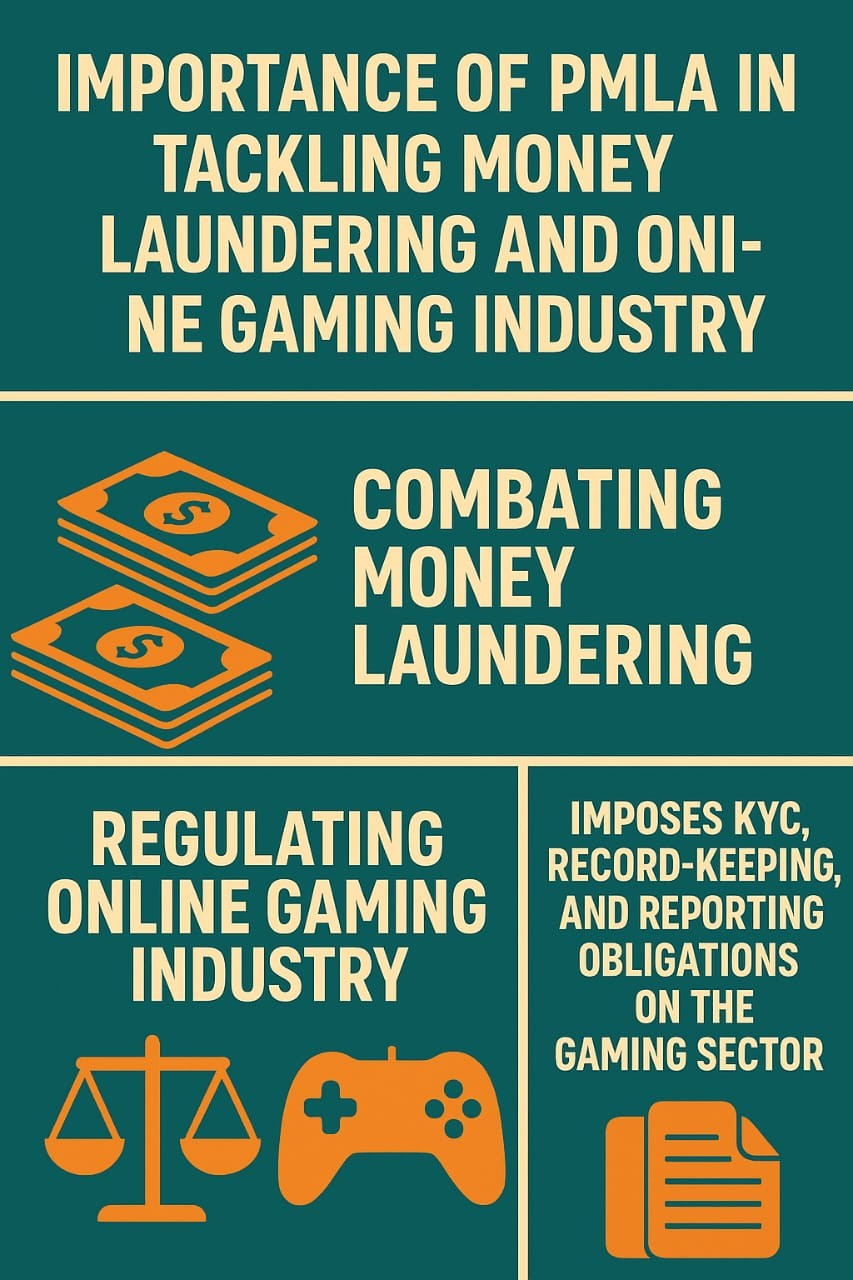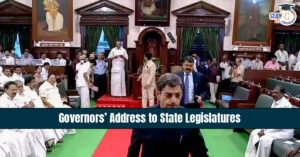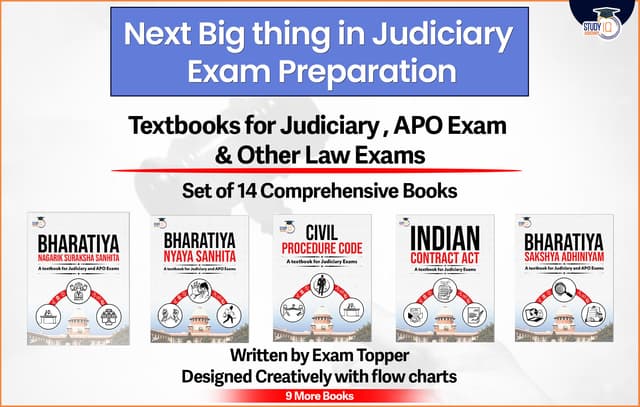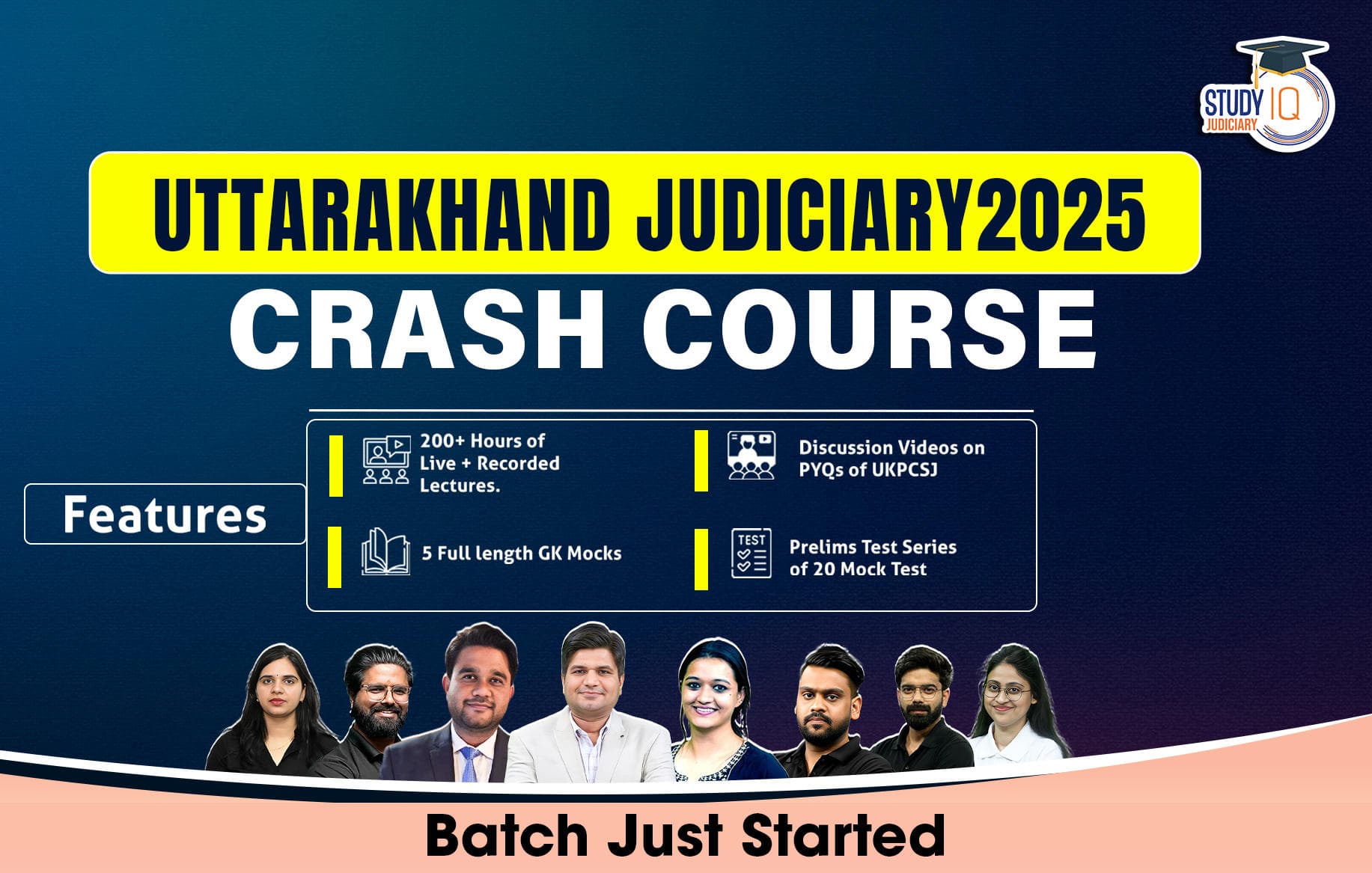Table of Contents
India’s online gaming sector, particularly the Real Money Gaming (RMG) segment, is experiencing fast growth, drawing in more than 155 million people each year. In his 2024 Independence Day address, Prime Minister Narendra Modi acknowledged India’s potential and challenged the nation to spearhead the global gaming industry, highlighting its cultural and inventive prospects. Nonetheless, the flourishing sector is similarly susceptible to unlawful financial operations, including money laundering, fraud, and terrorism financing. The government is apparently taking steps to regulate online real money gaming under the Prevention of Money Laundering Act (PMLA) to establish a clean, secure, and well-regulated gaming environment.
Need for PMLA in Online Gaming
- The fragmented legal system in India, where gambling and betting are governed by State authority, has enabled unlawful offshore operators to exploit legal loopholes. Numerous such sites operate without permits, evade taxes, and perpetrate widespread fraud.
- Prominent instances:
- Mahadev Betting App: Associated with alleged earnings over ₹6,000 crore
- Fiewin Platform: Deceived users of more than ₹400 crore
- These services deceive users, manipulate results, and transfer monies overseas through shell corporations, cryptocurrency wallets, and counterfeit bank accounts.
Gaming as a Conduit for Money Laundering
- Online RMG platforms, owing to their heightened transaction volume and speed, are particularly vulnerable to money laundering, commonly via:
- Placement: Introducing illicit funds through deposits or in-game transactions.
- Layering: Concealing origins through in-game currency exchanges or peer transactions.
- Integration: Retrieving “cleaned” funds as winnings using cryptocurrency or foreign payment platforms.
Terror Financing & Other Risks
- Gaming platforms present a potential concern for terrorist financing, owing to:
- Confidentiality of transactions
- Utilisation of prepaid credits and virtual objects as untraceable transfer mechanisms
- Gameplay as a covert communication mechanism
- These concerns are not exclusive to India. International organisations such as the Financial Action Task Force (FATF) and regulatory authorities in the UK, EU, and US have established rigorous Anti-Money Laundering (AML) and Countering the Financing of Terrorism (CFT) standards to address these risks.
Understanding the Prevention of Money Laundering Act (PMLA)
- The Prevention of Money Laundering Act, 2002 (PMLA) was established to combat the unlawful conduct of legitimizing income or profits derived from illicit sources. The Prevention of Money Laundering Act, 2002, authorises the Government or a public authority to seize property acquired from illicit revenues. Money laundering refers to the process of transforming illicitly obtained funds into legally recognised assets.
What is money laundering?
- Money laundering is the process by which illicit funds, such as black money, derived from unlawful acts, are concealed and represented as legitimate, ultimately classified as white money.
- The laundered money is transmitted through multiple channels or stages of conversion and transfer to render it legitimate, ultimately reaching a legally accepted entity, such as a bank.
- Enacted in 2002, the Prevention of Money Laundering Act seeks to prevent and regulate money laundering.
- Confiscate and seize assets associated with or implicated in money laundering.
- Counter-terrorism financing operations
Essential Provisions
- The Financial Intelligence Unit (FIU-India) is a principal institution responsible for the collection and analysis of financial transaction data.
- KYC Compliance: Organisations are required to authenticate client identity.
- Record Keeping: All transactions must be documented for a minimum of five years.
- Suspicious Transaction Reporting (STR): Obligatory for specified entities.
- Consequences: Non-compliance may result in civil and criminal repercussions.
Applicability
- The PMLA’s scope, initially focused on banks and financial institutions, has progressively broadened to encompass:
- Cryptocurrency Platforms (2023)
- Upcoming online real money gaming platforms
List of Offenses
- The conduct of any offence listed in Part A and Part C of the PMLA Schedule will invoke the provisions of the PMLA. The following Acts and offenses may invoke the provisions of the PMLA:
- Part A enumerates offenses under several statutes, including the Indian Penal Code, Narcotic Drugs and Psychotropic Substances Act, Prevention of Corruption Act, Antiquities and Art Treasures Act, Copyright Act, Trademark Act, Wildlife Protection Act, and Information Technology Act.
- Part B delineates offences that qualify as Part A offences, contingent upon the value involved being Rs 1 crore or greater.
- Part C addresses transnational crimes and demonstrates a commitment to combating money laundering across international borders.
Implications for Online Gaming Operators
- Gaming firms will henceforth be required to:
- Register with the FIU-India
- Execute thorough Know Your Customer (KYC) checks
- Maintain detailed transaction documentation
- Notify authorities of any suspicious or atypical behaviour
- This policy seeks to eliminate unethical or foreign businesses, while promoting responsible and compliant platforms. The PMLA functions as a mechanism for distinguishing quality from substandard elements within the sector.

Avoiding Overregulation: A Balanced Approach
Risks of rigid AML Compliance
- An overly stringent regulatory approach may unintentionally drive customers towards unregulated offshore sites, which frequently advertise with phrases such as: “No GST” and “No KYC.”
- These platforms may become more appealing if local gaming sites adopt stringent KYC procedures, resulting in user alienation, particularly among casual gamers.
Graded KYC: An Approach
- Experts recommend a tiered or graded KYC approach to achieve equilibrium, akin to methodologies employed in the banking and mutual fund industries:
- Preliminary Induction: Basic authentication (e.g., OTP-based cellphone number verification)
- Enhanced KYC: Initiated upon surpassing a financial threshold; encompasses identification, address, and bank account verification.
- The RBI permits OTP-based onboarding for prepaid instruments valued under ₹10,000.
- SEBI waives the PAN requirement for mutual fund investments not exceeding ₹50,000 annually.
- India’s initiative to regulate online gambling under the PMLA reflects its strategy with cryptocurrencies, where laws enacted in 2023 have enhanced transparency and accountability. As real money gaming platforms advance, regulatory monitoring is crucial, but it must be in line, data-driven, and adaptable.
- The objective is to promote a clean, compliant, and competitive gaming business that enhances user trust, discourages fraud, and fulfills India’s global gaming ambitions, rather than suppressing innovation.


 Trial by Social Media: Public Shaming, D...
Trial by Social Media: Public Shaming, D...
 Governors’ Address to State Legislatur...
Governors’ Address to State Legislatur...
 Mandating Prior Approval for Corruption ...
Mandating Prior Approval for Corruption ...



















